![]() Today’s post comes from Michelle Nunn, CEO of Points of Light Institute and co-founder of HandsOn Network.
Today’s post comes from Michelle Nunn, CEO of Points of Light Institute and co-founder of HandsOn Network.
I have just returned from a special family vacation in Greece where I had the privilege of participating as an “All Star Fan” in the Special Olympics World Games. Our family was welcomed and hosted by Points of Light Institute Board member Brady Lum, president and COO of the Special Olympics. Today is the first of three posts from this wonderful experience that I wanted to share in the spirit of celebrating volunteer service and the extraordinary Special Olympics movement.
A Different Kind of Story about Greece
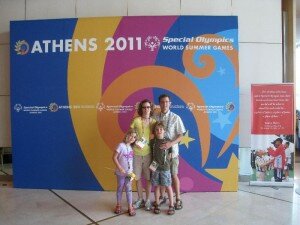 “Thousands of Greeks Volunteering.” Now that is a headline you might have missed over the last several weeks.
“Thousands of Greeks Volunteering.” Now that is a headline you might have missed over the last several weeks.
Instead, you have probably been hearing a lot about the problems in Greece. And yet, the strike announcement in Athens said a lot more about the reality of Greece and its people than most of the news coverage.
“All public transportation will be closed, except for the Special Olympic blue line buses.” The two-day strike was intended as a nonviolent protest against the passage of the latest austerity package. The strikers closed down railroads, buses and the ports, but they kept the transportation systems for the Special Olympics World Games running.
While CNN endlessly repeated dramatic footage of a small group of anarchists throwing rocks at police in Parliament Square, thousands were participating in nonviolent strikes or protests and millions more were stoically continuing their work and lives. Close to 25,000 of them were volunteering to make the Special Olympics World Games a success. And this during a time that one of the leading Greek Special Olympics officials called the worst week in Greece since World War II.
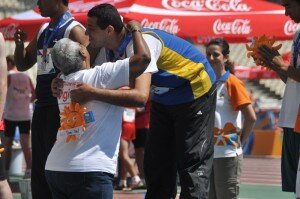 I talked to dozens of these volunteers and there were a few common refrains:
I talked to dozens of these volunteers and there were a few common refrains:
“I am volunteering as a way of telling a different story of my country.”
“I am serving as a way of reinforcing something good at a difficult time.”
These volunteers were writing their own narrative – asserting their own storyline in troubled times. Every Greek citizen I talked with was concerned, anxious about the future, devastated at the difficult prospects ahead.
But, each one of these volunteers with the Special Olympics was taking time out to reclaim their own efficacy, and to celebrate and ensure the success of a global movement that is about inclusion, hope and solidarity. Unsurprisingly, every volunteer spoke of the privilege of participating, of the transcendence they felt in being a part of the Special Olympics movement, of being buoyed by the spirit and commitment of the athletes.
As the athletes repeated the Special Olympic oath at the opening ceremonies, I could not help but feel its resonance for Greece at this moment.
“Let me win, but if I cannot win, let me be brave in the attempt.”
The 25,000 Greek Special Olympic volunteers that welcomed the athletes with cheering hugs, that drove them through the clogged streets of Athens, that refereed and timed and manned the events, that equipped them with new glasses or hearing aids asserted their own meaning within their difficult national drama. They acted with kindness, generosity and bravery. And, in return, they were lifted up by the athletes themselves, participating in their triumphs and sustained and hopeful for their own contests to come.


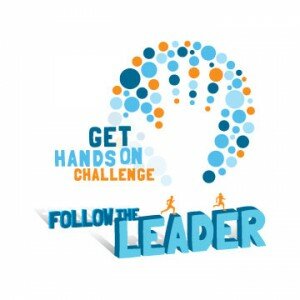 In order to channel the energy and engagement of Martin Luther King Jr. Day into a deeper and more consistent commitment to volunteering, Points of Light recently launched
In order to channel the energy and engagement of Martin Luther King Jr. Day into a deeper and more consistent commitment to volunteering, Points of Light recently launched 



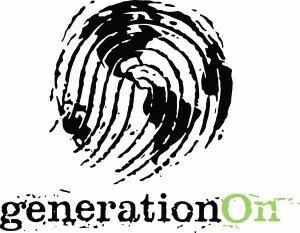
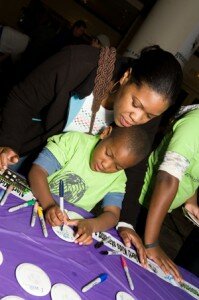 USA Weekend magazine: Over the past weekend, it recapped this year’s 20th Make A Difference Day, which it co-sponsored with HandsOn Network and Newman’s Own. It mentioned our launch of generationOn that fittingly included service projects and a tribute to extraordinary change-makers at The Extra Mile – Points of Light Volunteer Pathway in D.C. It noted our celebrity participants Madison Pettis and Corbin Bleu, and a nine-year-old volunteer who declared her experience packing toys as the “best day ever!”. It also noted the participation of Obama Cabinet members, including Secretary of Education Arne Duncan, in a KaBOOM! Playground build.
USA Weekend magazine: Over the past weekend, it recapped this year’s 20th Make A Difference Day, which it co-sponsored with HandsOn Network and Newman’s Own. It mentioned our launch of generationOn that fittingly included service projects and a tribute to extraordinary change-makers at The Extra Mile – Points of Light Volunteer Pathway in D.C. It noted our celebrity participants Madison Pettis and Corbin Bleu, and a nine-year-old volunteer who declared her experience packing toys as the “best day ever!”. It also noted the participation of Obama Cabinet members, including Secretary of Education Arne Duncan, in a KaBOOM! Playground build.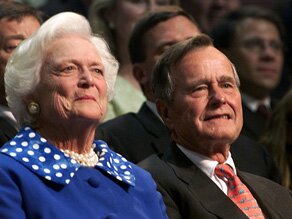
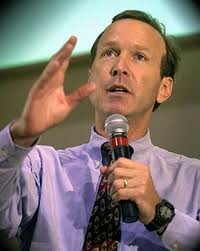

 As we approach Veterans Day this year, with wars being waged in Iraq and Afghanistan, we pay tribute to and thank our armed forces, active and retired. We honor those we have lost, and remember again our obligation to care for the veterans who risked all and sacrificed much. Some have commented that the current wars are being waged largely out of sight of most Americans. Therefore, I’d like to highlight in particular Mission Serve and the activities around
As we approach Veterans Day this year, with wars being waged in Iraq and Afghanistan, we pay tribute to and thank our armed forces, active and retired. We honor those we have lost, and remember again our obligation to care for the veterans who risked all and sacrificed much. Some have commented that the current wars are being waged largely out of sight of most Americans. Therefore, I’d like to highlight in particular Mission Serve and the activities around 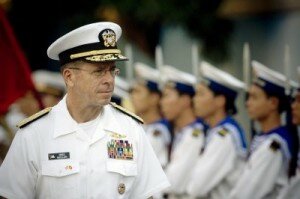 Stressing the importance of such programs, Admiral Mullen has said, “There is a sea of goodwill out there, made up of people, places, programs, all eagerly seeking and serving those in need. Our challenge, however, lies in connecting these programs, not only to those who need help, but to each other. ”
Stressing the importance of such programs, Admiral Mullen has said, “There is a sea of goodwill out there, made up of people, places, programs, all eagerly seeking and serving those in need. Our challenge, however, lies in connecting these programs, not only to those who need help, but to each other. ”
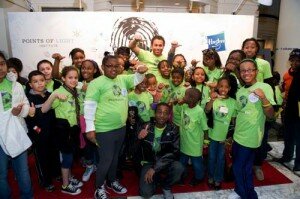

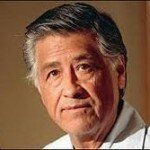 Points of Light Institute will launch
Points of Light Institute will launch 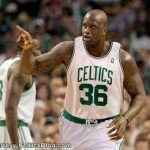 The
The  Singer
Singer  With education at the forefront of NBC News programming this week and online at
With education at the forefront of NBC News programming this week and online at  Education is the great equalizer, no matter your race, creed, or zip code.” He added, “Education is not just a pathway to success; it is a prerequisite to success.”
Education is the great equalizer, no matter your race, creed, or zip code.” He added, “Education is not just a pathway to success; it is a prerequisite to success.” tutor elementary students in reading and math, and to help high school students with college readiness, both during and after school. Since 1994, more than 1,600 AmeriCorps members and volunteers have directly served more than 115,000 students in school-focused programs in Atlanta.
tutor elementary students in reading and math, and to help high school students with college readiness, both during and after school. Since 1994, more than 1,600 AmeriCorps members and volunteers have directly served more than 115,000 students in school-focused programs in Atlanta. An innovative program at our affiliate,
An innovative program at our affiliate, 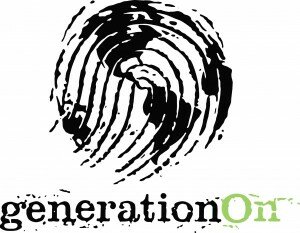 generationOn and Hasbro
generationOn and Hasbro the week-long Action for Education Challenge, inviting the public to make a pledge to take action to help local schools. In addition, HandsOn Network will partner with American Express to engage 2,000 volunteers across five cities to help improve the quality of classroom education. Those cities are New York, Los Angeles, Phoenix, Tampa, and Cleveland.
the week-long Action for Education Challenge, inviting the public to make a pledge to take action to help local schools. In addition, HandsOn Network will partner with American Express to engage 2,000 volunteers across five cities to help improve the quality of classroom education. Those cities are New York, Los Angeles, Phoenix, Tampa, and Cleveland.

